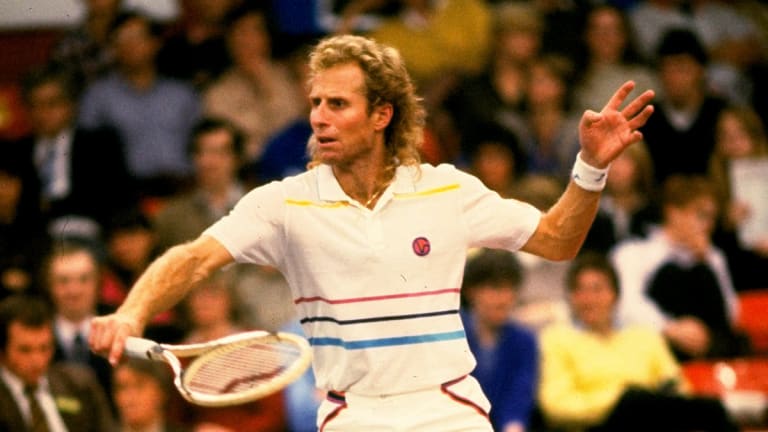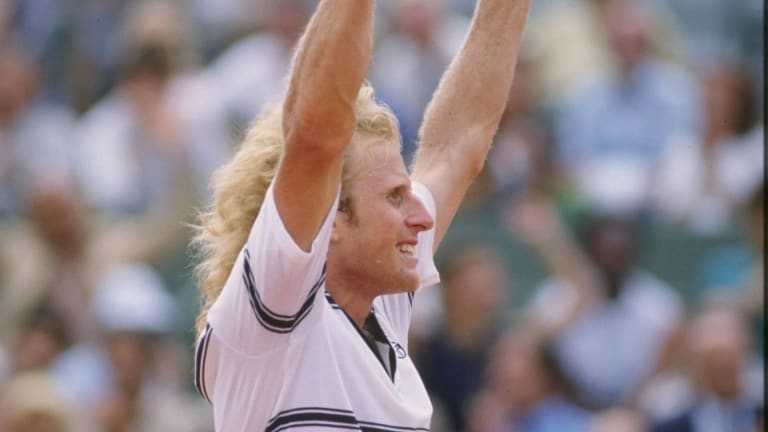Australian Open
TBT, 1977: One small edge helps Vitas Gerulaitis win only major title
By Dec 31, 2020Australian Open
With Australian Open defeat, world No. 1 Aryna Sabalenka has a Grand Slam finals problem
By Feb 02, 2026Australian Open
“I just got mature”: Carlos Alcaraz used his full arsenal to beat Novak Djokovic and complete the career Slam
By Feb 01, 2026Australian Open
Novak Djokovic may finally have run out of house money
By Feb 01, 2026Australian Open
AO champ Carlos Alcaraz "happy to prove all the people were wrong" after triumphing in first event without Ferrero
By Feb 01, 2026Australian Open
Two words of advice—"More energy"—was all Elena Rybakina needed to turn AO final around
By Jan 31, 2026Australian Open
Carlos Alcaraz is playing for the career Slam. Novak Djokovic is playing for the most Slams.
By Jan 31, 2026Australian Open
Elena Rybakina's late rally stuns Aryna Sabalenka and secures Australian Open title
By Jan 31, 2026Australian Open
"This is bulls---": Alexander Zverev fumes about, then accepts, Carlos Alcaraz cramp drama at Australian Open
By Jan 30, 2026Australian Open
Jannik Sinner had Novak Djokovic's number, so the legend "had to change it" ahead of AO classic
By Jan 30, 2026TBT, 1977: One small edge helps Vitas Gerulaitis win only major title
These were the years when the Australian Open field was rather shallow, and the 23-year-old American was the top seed.
Published Dec 31, 2020
Advertising

TBT, 1977: One small edge helps Vitas Gerulaitis win only major title
Advertising

TBT, 1977: One small edge helps Vitas Gerulaitis win only major title